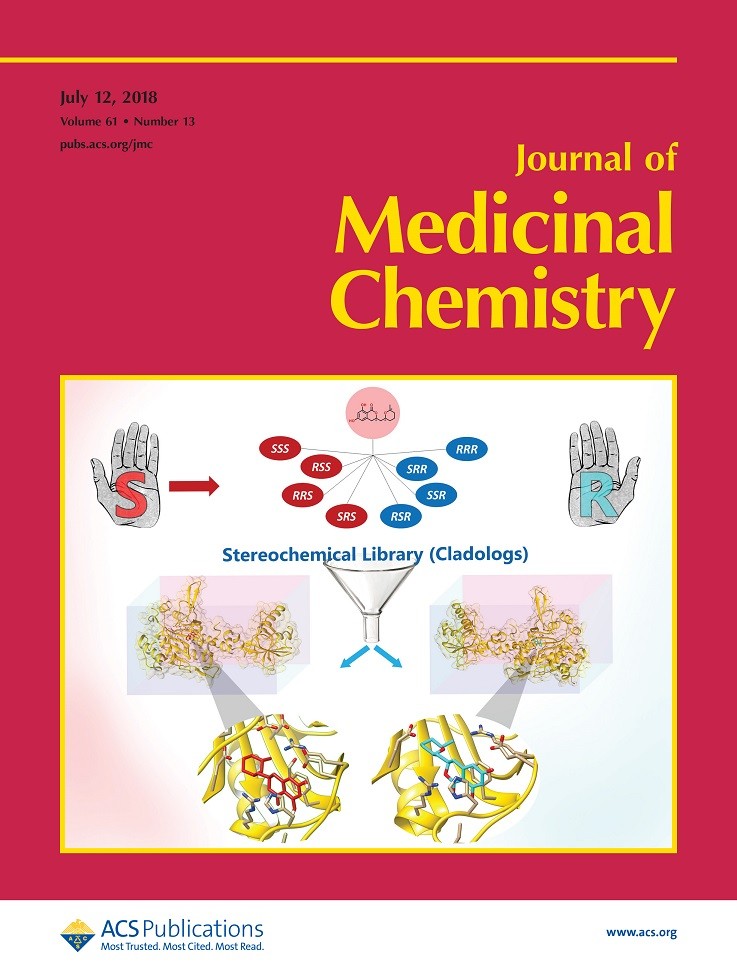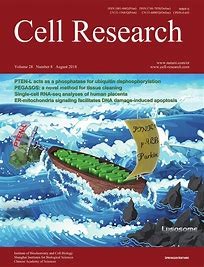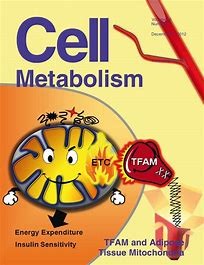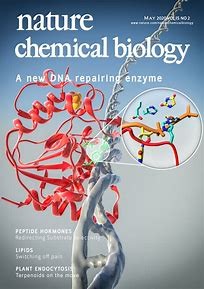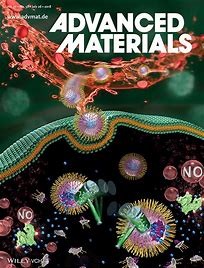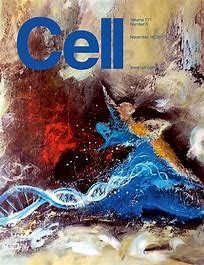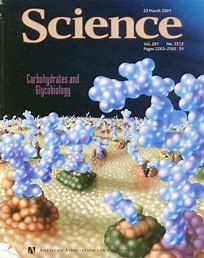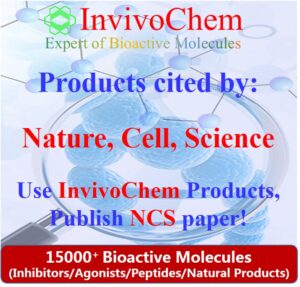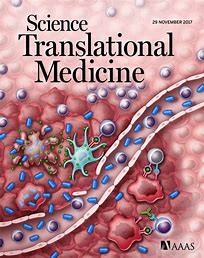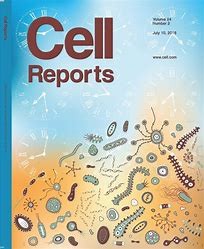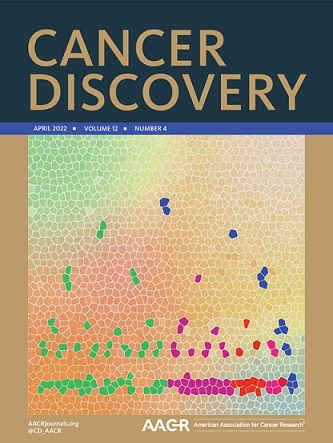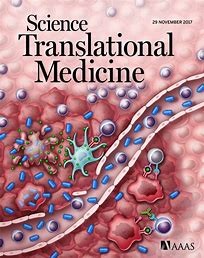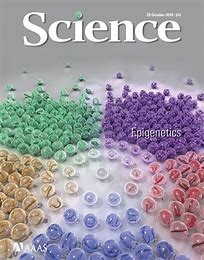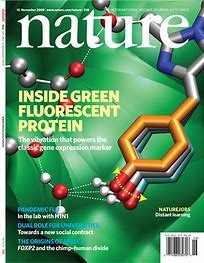RGB-286638 2HCl
This product is for research use only, not for human use. We do not sell to patients.
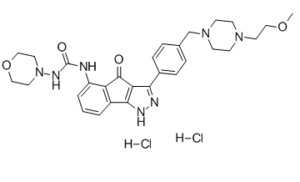
For small sizes, please check our retail website as below: www.invivochem.com
| Size | Price | Stock |
|---|---|---|
| 250mg | $1080 | Check With Us |
| 500mg | $1550 | Check With Us |
| 1g | $1725 | Check With Us |
Cat #: V3208 CAS #: 784210-87-3 (2HCl); 784210-88-4 (free base) Purity ≥ 98%
Description: RGB-286638 2HCl, the dihydrochloride salt of RGB-286638, is a multi-targeted cyclin-dependent kinase (CDK) inhibitor.
Top Publications Citing Invivochem Products
Publications Citing InvivoChem Products
Product Promise

- Physicochemical and Storage Information
- Protocol
- Related Biological Data
- Stock Solution Preparation
- Quality Control Documentation
| Molecular Weight (MW) | 618.55 |
|---|---|
| Molecular Formula | C₂₉H₃₇Cl₂N₇O₄ |
| CAS No. | 784210-87-3 (2HCl); 784210-88-4 (free base) |
| Storage | -20℃ for 3 years in powder formr |
| -80℃ for 2 years in solvent | |
| Solubility In Vitro | DMSO: ≥ 50 mg/mLr |
| Water: N/Ar | |
| Ethanol: N/A | |
| SMILES Code | O=C(NN1CCOCC1)NC2=CC=CC(C3=C4C(C5=CC=C(CN6CCN(CCOC)CC6)C=C5)=NN3)=C2C4=O.[H]Cl.[H]Cl |
| Synonyms | RGB-286638 2HCl; RGB 286638 2HCl, RGB286638 2HCl |
| Protocol | In Vitro | RGB-286638 is an indenopyrazole-derived CDK inhibitor (CDKI) with Ki-nanomolar activity against transcriptional CDKs. RGB-286638 inhibits several tyrosine and serine/threonine non-CDK enzymes, i.e. GSK-3β, TAK1, AMPK, Jak2, MEK1. The dose- and time-dependent effect of treatment with RGB-286638 (12.5-100nM) is investigated on the growth of human p53-wt (MM.1S, MM.1R, and H929) and p53-mutant (U266, OPM1, and RPMI) MM cells by MTT assay, assessing viability at 24 and 48 hours. The half-maximally effective concentrations (EC50) range between 20 and 70 nM at 48 hours. Dose-dependent differences in growth among p53-wt and -mutant cells are observed after 50nM treatment, with p53-wt MM.1S, MM.1R and H929 being slightly more sensitive to RGB-286638 treatment at 48h |
|---|---|---|
| In Vivo | Dose-finding studies with RGB-286638 identify 40 mg/kg/day IV treatment as the maximum tolerated dose in SCID mice. Five days IV treatment with RGB-286638 significantly suppresses MM tumor growth, with maximum TGI (%) noted at day 14 following end of treatment at 85.06% and 86.34% in the 30 mg/kg and 40 mg/kg treated cohorts respectively. The log10 cell kill (LCK Td: 4.5 days) is 1.6 for both treated groups. RGB-286638 treatment is also associated with improved survival, evidenced by first death at day 24 in controls versus day 43 in both treated groups. No toxic deaths occurred during this study: maximum percentage of body weight (BW) loss is observed on day 5 (8.4%) at 30 mg/kg dosage schedule, and on day 15 (9.9%) after 40 mg/kg dosing, with weight recovery in the following two weeks |
These protocols are for reference only. InvivoChem does not
independently validate these methods.
| Solvent volume to be added | Mass (the weight of a compound) | |||
|---|---|---|---|---|
| Mother liquor concentration | 1mg | 5mg | 10mg | 20mg |
| 1mM | 1.6167 mL | 8.0834 mL | 16.1668 mL | 32.3337 mL |
| 5mM | 0.3233 mL | 1.6167 mL | 3.2334 mL | 6.4667 mL |
| 10mM | 0.1617 mL | 0.8083 mL | 1.6167 mL | 3.2334 mL |
| 20mM | 0.0808 mL | 0.4042 mL | 0.8083 mL | 1.6167 mL |
The molarity calculator equation
Mass(g) = Concentration(mol/L) × Volume(L) × Molecular Weight(g/mol)
Mass
=
Concentration
×
Volume
×
Molecular Weight*
The dilution calculator equation
Concentration(start)
×
Volume(start)
=
Concentration(final)
×
Volume(final)
This equation is commonly abbreviated as: C1 V1 = C2 V2
Concentration(start)
C1
×
Volume(start)
V1
=
Concentration(final)
C2
×
Volume(final)
V2
Step One: Enter information below
Dosage mg/kg
Average weight of animals g
Dosing volume per animal µL
Number of animals
Step Two: Enter the in vivo formulation
%DMSO
+
%
+
%Tween 80
+
%ddH2O
Calculation Results:
Working concentration:
mg/ml;
Method for preparing DMSO master liquid:
mg
drug pre-dissolved in
µL
DMSO(Master liquid concentration
mg/mL)
,Please contact us first if the concentration exceeds the DMSO solubility of the batch of drug.
Method for preparing in vivo formulation:
Take
µL
DMSO master liquid, next add
µL
PEG300, mix and clarify, next add
µL
Tween 80,mix and clarify, next add
µL
ddH2O,mix and clarify.
Note:
- (1) Please be sure that the solution is clear before the addition of next solvent. Dissolution methods like vortex, ultrasound or warming and heat may be used to aid dissolving.
- (2) Be sure to add the solvent(s) in order.

